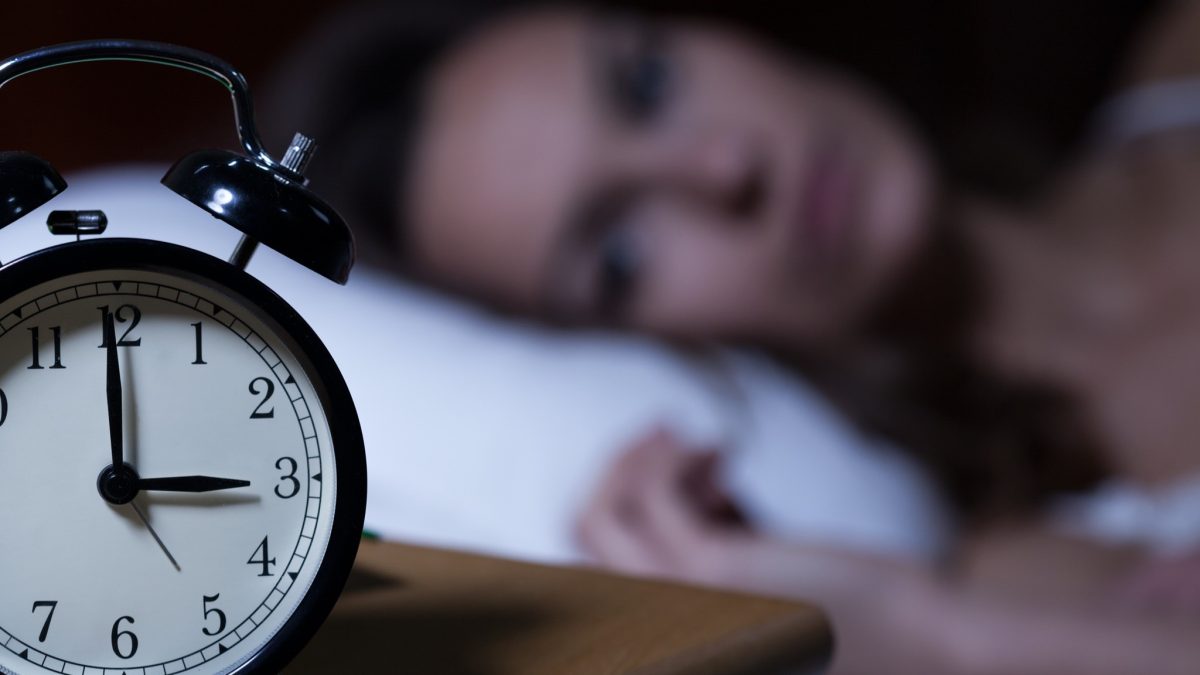If you’ve been feeling more anxious, stressed, and overwhelmed as of late, you’re not alone. Everyday responsibilities, current events, and the overwhelming amount of bad news these days seem to have taken their toll on just about everyone. However, there’s a fine line when it comes to the difference between what is stress and what is anxiety, which is actually a mental health issue.
Anxiety is a mental health condition that causes persistent and intrusive fears and worries that are often disproportionate to the actual situation at hand. Anxiety can impact your daily life making it difficult to fulfill daily responsibilities in relationships. Anxiety can manifest in many forms of anxiety disorders including generalized anxiety disorder, panic disorder, social anxiety, separation anxiety, or specific phobias. If you feel you may be living with anxiety, it may be helpful to get a diagnosis from a medical professional to find the right treatment. However, learning about anxiety can help you find healthy ways to overcome it and get back to being you. To better understand anxiety, here are 6 things you may not know about this mental health condition.
1. Anxiety is the Most Common Mental Illness
If you’re experiencing anxiety, you’re not alone. Anxiety disorders are the most common mental illness in the United States, affecting over 40 million adults every year, and nearly 30% of adults will experience it at some point in their lives. No one knows for sure why so many people get anxiety, but a range of complicated factors including environmental triggers, personality, and lifestyle choices may make you more at risk.
2. More Women Experience Anxiety
Research shows that women are more likely to experience anxiety compared to men with 23.4% of women having anxiety in the past year and just 14.3% of men. Women tend to ruminate more often, engaging in negative thought patterns which can worsen symptoms of anxiety. Fluctuating hormones during a menstrual cycle, while pregnant, after giving birth, or during perimenopause may also contribute to the increased risk of developing an anxiety disorder.
3. Anxiety Can Cause Physical Pain
While anxiety is a mental illness, its symptoms can often manifest physically. Your physical health and your mental health go hand in hand and every physical symptom you feel during an anxiety episode is a direct reaction to your body’s surge of neurochemicals during its fight-or flight response. Everyone may experience anxiety differently, however physical symptoms can include tightening of the chest, headaches, muscle tension, nausea, heart palpitations, and upset stomach.
4. Anxiety May Be Genetic
If one or both of your parents have anxiety, there’s a good chance you may eventually get it as well, if you don’t already. Studies found that anxiety is based on a variety of factors, genetics being one of them. A genetic component doesn’t necessarily mean you’ll definitely develop anxiety, but it does mean you’re more likely to. However, your environment, lifestyle, or a traumatic experience may also contribute to your risk of developing anxiety.
5. Depression and Anxiety are Linked
Roughly 50% of all individuals diagnosed with depression are also diagnosed with an anxiety disorder — meaning anxiety is often a cause or a trigger of depression. Research shows individuals who experience generalized anxiety disorder are more likely to develop depression and many individuals may develop anxiety due to the mental exhaustion that comes with depression. This can make identifying and treating these mental health conditions more complicated and difficult as both mental illnesses fuel each other in a challenging cycle.
6. Anxiety is Treatable
With anxiety being so common, many people may believe it’s just a part of who they are and they just need to learn to live with it. However, anxiety is highly treatable and you don’t need to live with excessive fears and worry or crippling anxiety. Traditional mood-stabilizing medications, selective serotonin reuptake inhibitors or SSRIs, are the most commonly used protocol when it comes to anxiety, however they may not work for everyone, can have harmful side effects, and can even worsen symptoms for some people.
For a long time, those who didn’t respond to SSRIs and other traditional forms of therapy felt there wasn’t any other option to cope with their anxiety. However, innovative alternative therapy with Ketamine has been discovered and it’s changed the game when it comes to mental health conditions like anxiety and depression. Ketamine is completely safe, works faster than SSRIs, is highly effective for treatment-resistant forms of anxiety and depression, and can be used safely in combination with other therapies. Providers like TMS & Brain Health offer a holistic approach, curating a tailored treatment plan blending different therapies with Ketamine therapy based on your individual mental health needs.
Recent Posts
- Castor Oil For Better Hair Growth: Is It Myth Or Fact?
- Exploring the Differences Between Sermorelin, Ipamorelin, Ibutamoren, GHRP2, and GHRP6: Understanding Their Role in Human Growth Hormone Regulation
- Unraveling the Mystery: Understanding the Causes and Prognosis of Ventricular Tachycardia Without Apparent Heart Disease
- Understanding Grandparents’ Rights in Oklahoma: Navigating Visitation and Legal Protections
- 10 Reasons to Consider Hypnotherapy for Your Health

